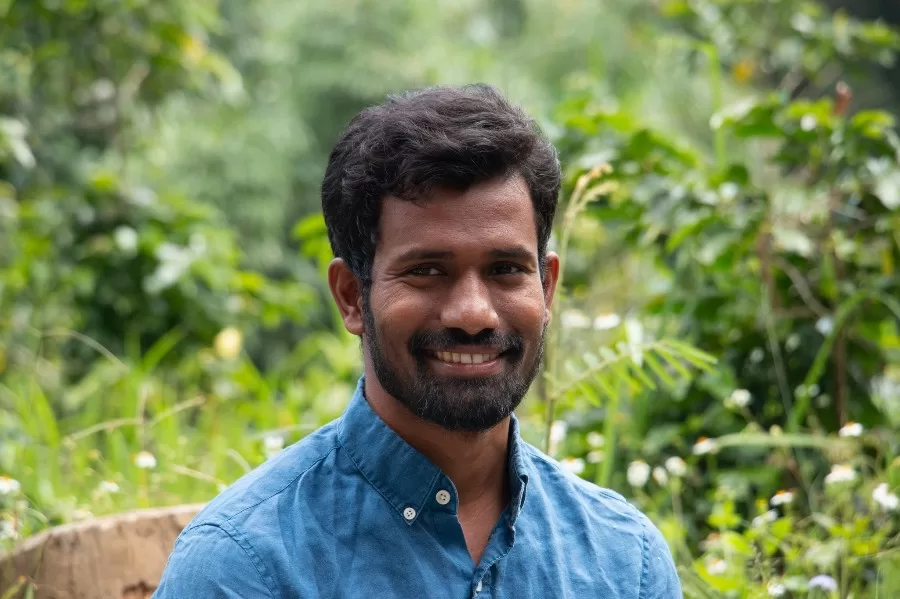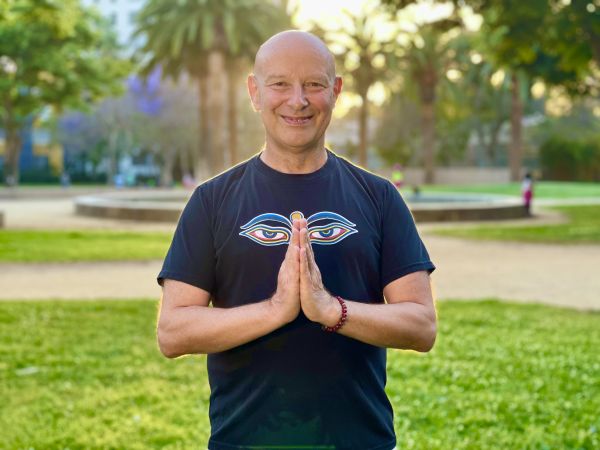The difference between self-love and desire
While self-love involves prioritizing your mental and emotional well-being and personal growth, desire often focuses on fulfilling immediate and sometimes fleeting pleasures. Desire can also lead to impulsive actions and decisions that may not align with your values or long-term goals.
While it is important to acknowledge and honor your desires, it is equally important to practice self-awareness and self-discipline. By practicing self-love, you can develop the skills and mindset needed to make decisions that align with your values and contribute to your overall well-being. This may mean making sacrifices or delaying gratification in the short term to achieve greater long-term satisfaction and happiness.
In contrast, giving in to every desire without regard for your mental and emotional health can lead to a cycle of self-destructive behavior and ultimately hinder your ability to achieve true fulfillment and happiness. Therefore, it is important to find a balance between self-love and fulfilling desires, where you prioritize your mental and emotional well-being and personal growth while still enjoying life’s pleasures in moderation.
The Wisdom of Self-Love: Continually Updating Yourself with Life’s Lessons:
Self-love is not merely about staying in your comfort zone, but also about continually updating yourself with the wisdom that life and your own experiences offer.
Individuals who practice self-love prioritize their mental health, personality development, self-transformation, and self-realization.
Self-love is rooted in natural values such as accountability, integrity, responsibility, transparency, honesty, clarity, and the power of decision-making.
During tough times, individuals must question whether their focus is on self-distraction or self-exploration.
Those who choose self-distraction tend to avoid accountability, responsibility, and living up to their integrity. They seek shortcuts for short-term pleasures without considering the consequences or overriding their awareness of them. These individuals prioritize their desires and habits over their outcomes and wisdom.
Self-destructive individuals fall into short-term pleasures quickly, giving in to temptations, desires, wants, and cravings, and often lie, ignore their responsibilities, or seek escapism from genuine hardships.

Here are some key reasons people are in the self distracted:
- Avoiding uncomfortable emotions: Sometimes, when a person is going through difficult emotions such as sadness, anger, or anxiety, they may try to distract themselves to avoid facing those feelings.
- Fear of failure or rejection: Some individuals may avoid facing certain tasks or situations due to a fear of failure or rejection. They may distract themselves with other activities to avoid the risk of failure.
- Addiction: Addiction to substances, technology, or other activities can lead to self-distraction. The individual may engage in addictive behavior as a way of avoiding the problems or challenges they are facing.
- Lack of direction or purpose: If a person lacks direction or purpose in life, they may find themselves engaging in activities that provide temporary pleasure or distraction. They may be unsure of what they want in life or how to achieve their goals.
- Negative self-talk: Negative self-talk can lead to a cycle of self-doubt and insecurity, which can cause a person to seek distraction as a way of avoiding those feelings.
- Procrastination: Procrastination can also be a form of self-distraction, where the individual puts off important tasks and responsibilities by engaging in other activities.
- Trauma: Individuals who have experienced trauma may use self-distraction as a coping mechanism to avoid painful memories or emotions associated with the trauma.
In contrast, those who focus on self-exploration tend to be reflective and objectively observe everything. They prioritize values and ethics over pleasure-seeking and are honest and transparent. They take accountability and responsibility effortlessly.
The importance of self-compassion in practicing self-love:
Self-compassion is an essential aspect of self-love. It involves treating yourself with kindness, understanding, and forgiveness, especially during difficult times. When you practice self-compassion, you acknowledge that you are human and that everyone makes mistakes. You understand that failure is a natural part of the learning journey, and it’s perfectly normal not to have everything figured out.
Practicing self-compassion can help you maintain a positive and growth-oriented mindset, which is essential for achieving mental and emotional well-being. It can also help you develop a deeper sense of self-awareness and self-acceptance.
One of the benefits of self-compassion is that it helps you avoid the pitfalls of self-criticism and self-judgment. When you are self-critical, you tend to be harsh and judgmental towards yourself, which can lead to feelings of shame, anxiety, and depression. On the other hand, when you practice self-compassion, you are more likely to be understanding and forgiving towards yourself, which can help you feel more confident, resilient, and self-assured.
Another benefit of self-compassion is that it helps you develop a stronger sense of empathy and compassion toward others. When you are kind and understanding towards yourself, you are more likely to extend that kindness and understanding to others. This can help you build stronger relationships, enhance your social skills, and improve your overall well-being.
To practice self-compassion, you can start by being mindful of your thoughts and emotions, especially during challenging situations. Instead of criticizing or judging yourself, try to be kind and understanding towards yourself. You can also practice self-care activities such as meditation, yoga, wellness activities, art, creative, and self-reflective journaling, which can help you cultivate a greater sense of self-awareness and self-acceptance.
In summary, self-compassion is an essential aspect of self-love. It involves treating yourself with kindness, understanding, and forgiveness, especially during difficult times. By practicing self-compassion, you can avoid the pitfalls of self-criticism and self-judgment, develop a stronger sense of empathy and compassion towards others, and achieve greater mental and emotional well-being.
It’s not accurate to say that people either live in self-love or self-distraction. Instead, there is a spectrum that ranges from self-love to self-distraction.
Different individuals may fall at various points along this spectrum. Some may live their lives in between self-love and self-distraction, while others may tend to lean more towards self-love or self-distraction depending on how much they work on themselves.
Ultimately, it’s a continuous process of self-exploration, self-reflection, and self-improvement that can help individuals move towards self-love and away from self-distraction.
About Master Oneness
Master Oneness is an enlightened Artist and Visionary of Oneness consciousness, who is spreading his light and wisdom to bring awakening energy to every artist’s life.
He teaches self-realization through Transforming Art, the unique technique that combines Art and meditation.
His 16-year experience in meditation enlightened him to the essence of art, which was the beginning of the Diviners organization.
Watch Master Ojas Oneness bio HERE
Read more wisdom messages from Master Oneness => CLICK HERE


































































